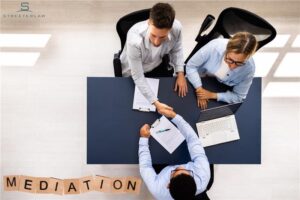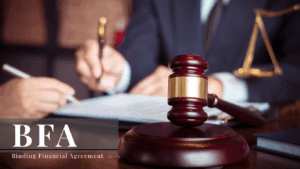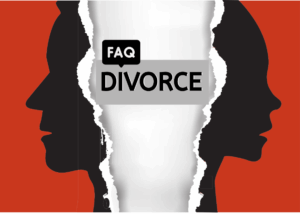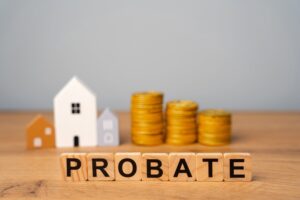Many people wonder what limitations are placed upon an individual after they are declared bankrupt.
Upon becoming bankrupt almost all of their property goes to (‘vests in’) the person’s Trustee in Bankruptcy.
It is then an offense for an undischarged bankrupt person to engage in the following:
- Obtain credit or enter a commercial transaction with a value in excess of $4,623 without disclosing that they are bankrupt.
- To carry on a business under an assumed name without disclosing the true name and status of bankruptcy.
- Travel overseas. They cannot leave Australia or do any act to prepare to leave Australia without the permission of the person’s Trustee in Bankruptcy.
Property acquired by the person after being made bankrupt but before being discharged from bankruptcy is generally divisible among creditors.
If the bankrupt person was in a business partnership, this partnership is automatically dissolved by becoming bankrupt unless specifically agreed in the partnership agreement to be otherwise.
The bankrupt person cannot be:
- A director of a company.
- A member of the Local Council, a Member of House of the Representatives or the Senate or a member of the State or Territory Houses of Parliament.
- Any civil action commenced by the bankrupt (before they became bankrupt) is “stayed” until the Trustee elects to pursue or discontinue the action.
See also What is bankruptcy?










